JAMB Computer Science Syllabus: Is JAMB Syllabus for Computer Science out for this year JAMB?, what topics do JAMB set questions from Computer Science the most?, what is the most repeated topic in JAMB Computer Science?
Hey SAVANT! welcome to another exciting episode of “JAMB Doctor Series“, here we will provide you with the official topics recognize by the Joint Admission and Matriculation Board, which JAMB expect you are a guru in before entering the hall to sit for your JAMB Computer Science Exam. STAY TUNED!?
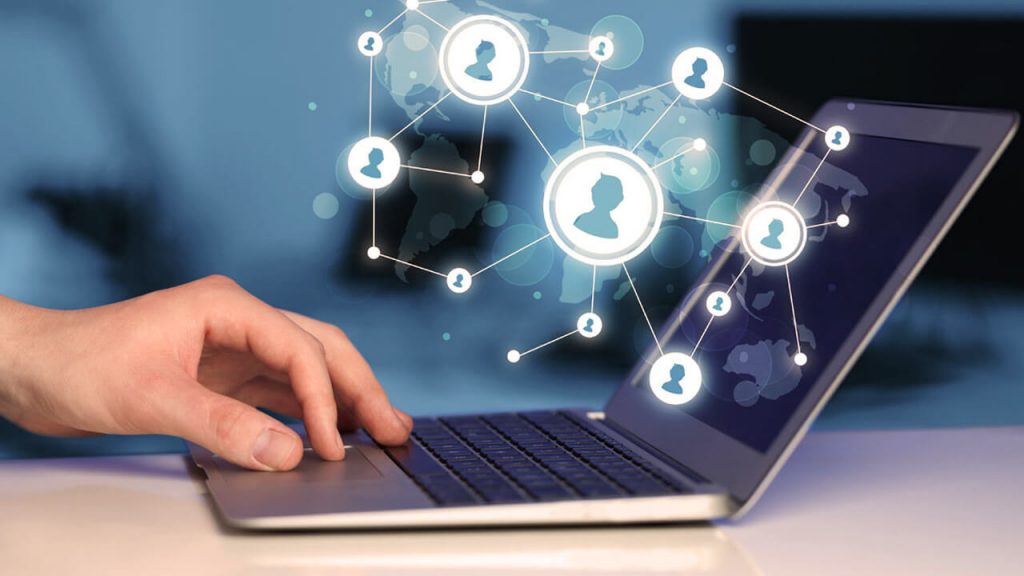
Have you ever wondered where you can find the topics for Computer Studies JAMB normally asks or the most repeated topics or question in JAMB Computer science? then you are a step away from finding your answer.
The short answer to the above question is “JAMB Syllabus”, in fact, JAMB Syllabus is the only expo you will be getting as you prepare for the 2024/2025 UTME Exams. This syllabus contains area of concentrations and topics your questions will be asked from.
Read Also: WAEC Marking Scheme For All subjects: Grading System
ARE YOU ON TELEGRAM? Subscribe To My Telegram Channel For Frequent Updates & Guide by clicking the "SUBSCRIBE NOW" button below.
Any smart students would cherish this piece (Syllabus) and make effective use of it, the fact that you are searching for this now, simply means you are in the right direction. you should see my top notch guide on How To Pass JAMB 2024/2025 With High Score (300+).
What Is JAMB Computer Syllabus?

JAMB Syllabus for Computer Science is a collection of topics JAMB expects students to be well grounded in before they sit for their Computer Science exam.
If Computer is one of the subjects you will sit for in JAMB, then you need this syllabus.
This syllabus were actually compiled by JAMB, so it is something you can rely on.
Read Also: JAMB Profile 2024/2025: How To Create & Access It (All To Know)
JAMB Syllabus For Computer Science
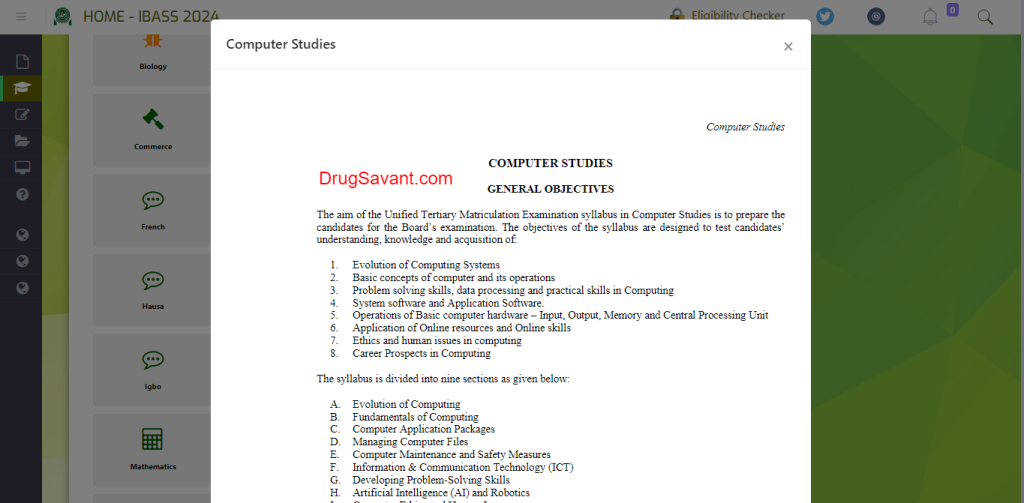
JAMB Computer Studies syllabus is designed to test your knowledge of:
- Evolution of Computing Systems
- Basic concepts of computer and its operations
- Problem-solving skills, data processing, and practical skills in Computing
- System software and Application Software.
- Operations of Basic computer hardware — Input, Output, Memory and Central Processing Unit
- Application of Online resources and Online skills
- Ethics and human issues in computing
- Career Prospects in Computing
Download your copy of the syllabus using the download button below👇
Below is a detailed syllabus for JAMB Computer Studies, you can bookmark this page for easy access to this page. ENJOY!
The syllabus is divided into nine (9) sections:
- Evolution of Computing
- Fundamentals of Computing
- Computer Application Packages
- Managing Computer Files
- Computer Maintenance and Safety Measures
- Information & Communication Technology (ICT)
- Developing Problem-Solving Skills
- Artificial Intelligence (AI) and Robotics
- Computer Ethics and Human Issues
Section A: Evolution of Computing
1. History Of Computing
TOPICS:
- Pre-Computing Age – 19th-century; Features and components of early computing devices
- Computing Devices – 20th Century
- The history behind each device
2. Classification Of Computing Devices
- By Generation
- By Size
- By Purpose
- By type
Section B: Fundamentals of Computing
1. Overview of Computing Systems
Topics:
- Two math constituents of a computer (hardware and software)
- Characteristics of computers
- Type, examples, and uses of computer hardware
- Logic Circuits
- Types, examples, and uses of software
2. Data and Information
Topics:
- Differences between Data and Information
- Data representation.
- Methods of Digitization
Section C: Computer Application Packages
1. Word Processing package
TOPICS:
- General concept
- Creating and saving documents
- Editing, formatting, and insertion
- Printing
- MS Word
- Features
- Launch MS Word
- Basic operations
- Other operations
2. Spreadsheet package
TOPICS:
- General concept
- Creating and saving documents
- Editing, formatting and insertion
- Printing
- MS Excel
- Features
- Launch MS Excel
- Basic operations
- Other operations
3. Database package
TOPICS:
- Definition of Database and examples of database packages
- Database organizations
- Different features of database format
- Basic operations of Database using MS Access
- Create a database using MS Access
- Carry out operations on an existing database using MS Access.
4. Graphics Package
TOPICS:
- Definitions and examples of Graphic packages
- Features of CorelDraw
- Simple design using CorelDraw
5. Presentation Package
TOPICS:
- Definition of Presentation package and examples of Presentation packages
- PowerPoint
- Features of PowerPoint Environment
- Steps in activating an existing PowerPoint
- PowerPoint operations
6. Web Design Package
Topics:
- Definition and examples of Web Design Packages
- Uses Web Design Packages
- Elements of Web design using Dreamview
Section D: Managing Computer Files
1. Concept of Computer Files
Topics:
- Definitions of basic terms
- File organisations
- Methods of accessing files
- File classifications
- Criteria for classifying files
2. Handling Computer Files
Topics:
- Basic operations
- Data Loss
- Security
- Computer versus manual files
Section E: Computer Maintenance and Safety Measures
1. Booting and shutting down process
You should be able to:
- Defined booting
- List the two types of booting process (cold and warm booting)
- Explain the difference between cold and warm booting.
- Explain the steps involved in booting and shutting down a computer system
2. Computer Maintenance
You should be able to:
- Perform general cleaning of the computer system
- Charge and replace battery for portable systems and UPS
- Clean drive lens
- Perform simple hardware and software maintenance
- Recover data from a crashed system
3. Computer Room Management
Candidates should be able to:
- Define proper sitting arrangement
- Position the monitor, keyboard, CPU, Mouse and other peripherals appropriately
- Ensure Proper illumination of the computer room
- Maintain a dust free environment
- Keep liquid away from a computer room
- Keep strictly to laboratory rules and regulations
Section F: Information & Communication Technology (ICI)
1. Communication Systems
Topics:
- Definitions and Acronym of ICT
- Types and examples of ICT
2. Application areas of ICT
Topics:
- Application areas
- ICT based Devices
3. Internet
Topics:
- Definition of terms
- Internet Browsers
- Features of Internet Browsers
- Internet Services
4. Electronic Mail
Topics:
- Definition
- Service
- Steps involved in creating and opening mail (email box. and chatting)
- Features of e-mail address
5. Networking
Topics:
- Definitions
- Network types
- Network topologies
- Network devices
6. World Wide Web (www)
Topics:
- Definition and full meanings of acronyms
- Brief history of www
- Basic terminologies
- Protocol
- Advantages and disadvantages of
- Navigation through websites
- Software for web development
- Differences between email and website
7. Cables and Connectors
Topic:
- Network cables and connectors
- Computer cables and connectors
Section G: Developing Problem-Solving Skills
1. Programming Language (PL)
Topics:
- Derminon and Classification of PL
- Advantages and disadvantages of different levels of PL
2. High Level Languages (HLL)
Topics:
- Classifications of HLL
- Characteristics of HLL
- Translator
3. Algorithm and Flowcharts
Topic:
- Definitions
- Functions of Algorithm |
- Properties of Algorithm
- Flowchart symbols
4. Programming Language Structure
Topics:
- Basic Statements
- Arithmetic/string operators
- Subunits
- Primitive and non-primitive data
5. Program Development
Topics:
- Definition
- Characteristics of programs
- Precautions
- Steps involved in developing program
6. System Development Life Cycle (SDLC)
Topics:
- Definition of SDCL
- Stages of SDLC
Section H: Artificial Intelligence (AI) and Robotics
- Definition of AI
- Branches of AI
- Applications of AI
1. Fundamentals of Robotics
Topics:
- Definition of Robotics
- Main Components of Robotics
- Types of Robots
- Application Areas of Robotics
- Advantages and Disadvantages of Robots
Section I: Computer Ethics and Human Issues
1.Ethical issues
2. Computer Security
3. Cyber risks and protection
- Computer-related crime
- Responsibility for computer failure
- Protection of computer property, records, and software
- Privacy of the company, workers, and customers
Frequently Asked Questions
How Many Questions JAMB Sets In Computer Studies?
The total number of questions JAMB asks in Computer is 40, with each question carrying 2.5 marks.
This means if after answering questions from Computer Studies, you were able to answer 30 questions correctly in JAMB you would have been able to secure 75 marks for yourself.
JAMB Recommended Textbooks For Computer Studies
To make sure your reading is inline with what your should know, JAMB has prepared a list of textbooks that will help you achieve that purpose.
You can find the complete list of JAMB recommended Computer Studies Textbooks.
Is JAMB Computer Syllabus For 2024 Out?
YES, JAMB syllabus for Computer Studies is out, you can access and download it here on DrugSavant or on JAMB IBASS.
In Conclusion
It is advisable you go through these topics listed here, as they would help you have a more directed preparation and reading for JAMB Computer Studies.
This will be all for now, I understand you may have a question or two to ask, feel free to drop them using the comment box below!
Ensure to share this with friends on Facebook, Whatsapp, or any other social media network you can connect them with…
Related Searches... a. computer jamb syllabus 2024 pdf b. computer studies jamb syllabus 2023 pdf c. computer studies jamb syllabus 2024/2025 d. computer jamb syllabus 2024
JAMB SYLLABUS FOR OTHER SUBJECTS... A. JAMB English Syllabus B. JAMB Mathematics Syllabus C. JAMB Syllabus For Physics D. JAMB Chemistry Syllabus E. JAMB Syllabus For Biology F. JAMB Economics Syllabus G. JAMB Syllabus For Christian Religious Studies (CRS) H. JAMB government Syllabus I. JAMB Syllabus for Commerce J. JAMB Literature in English Syllabus K. JAMB Computer Studies Syllabus
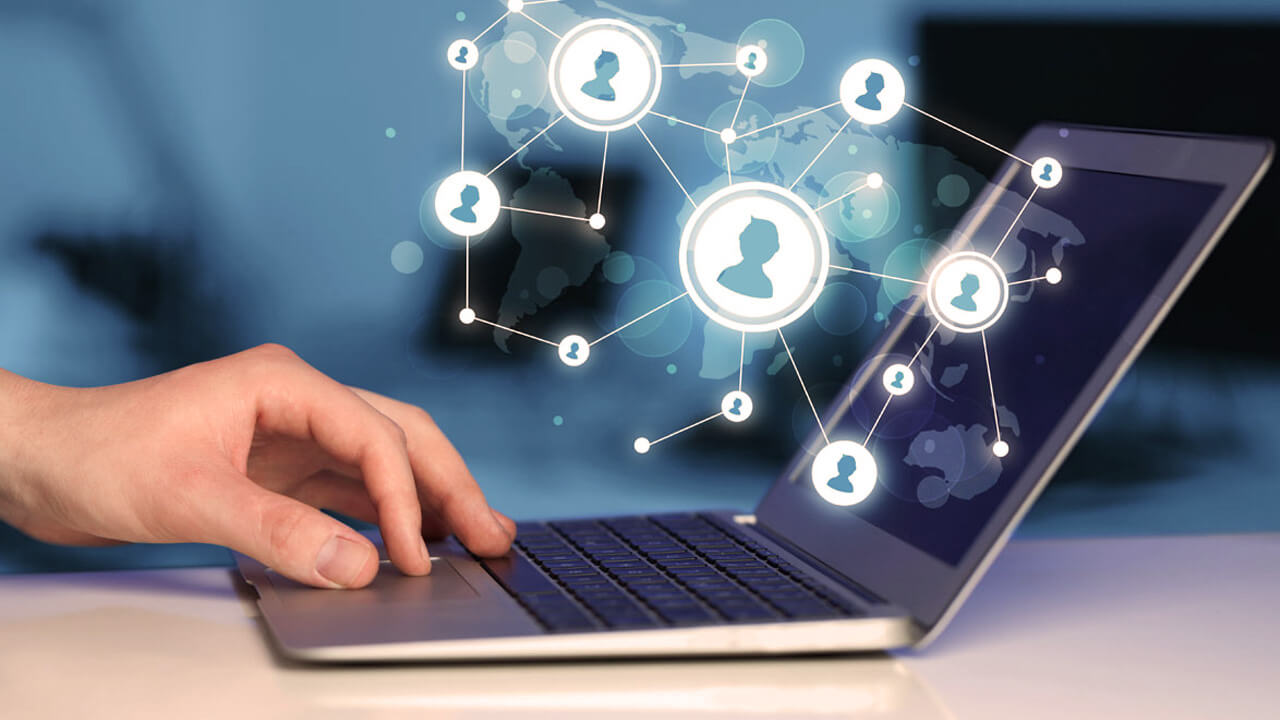
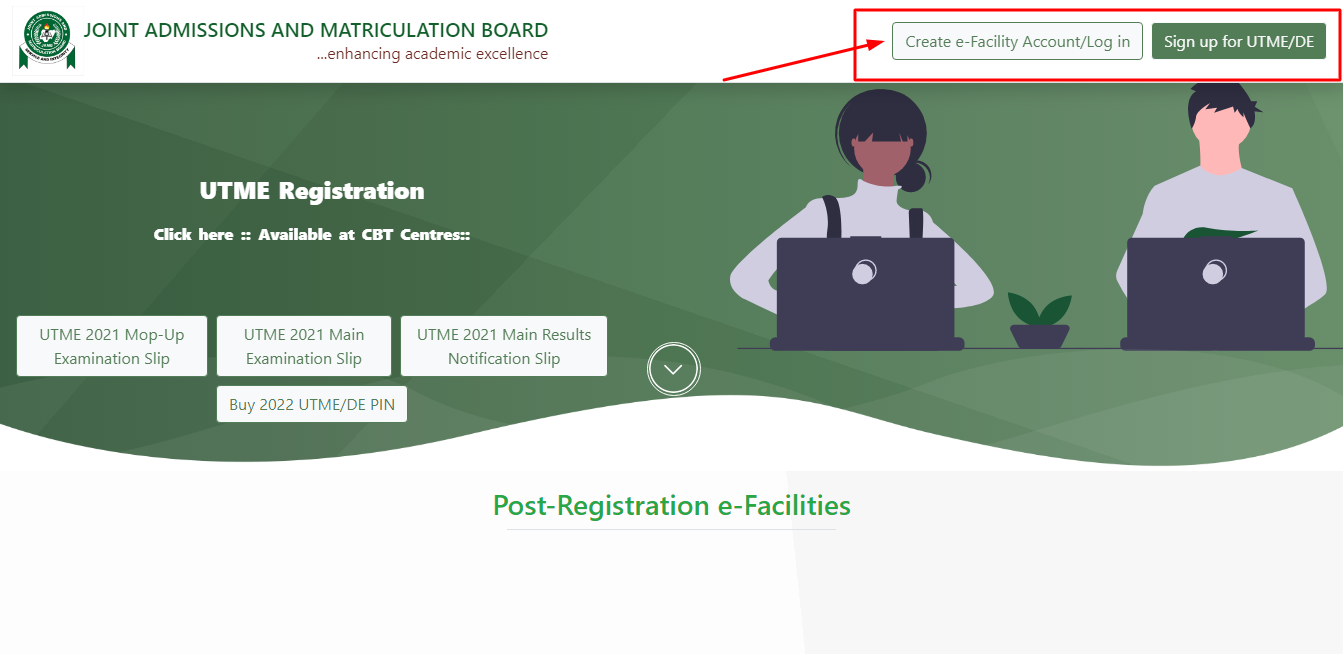
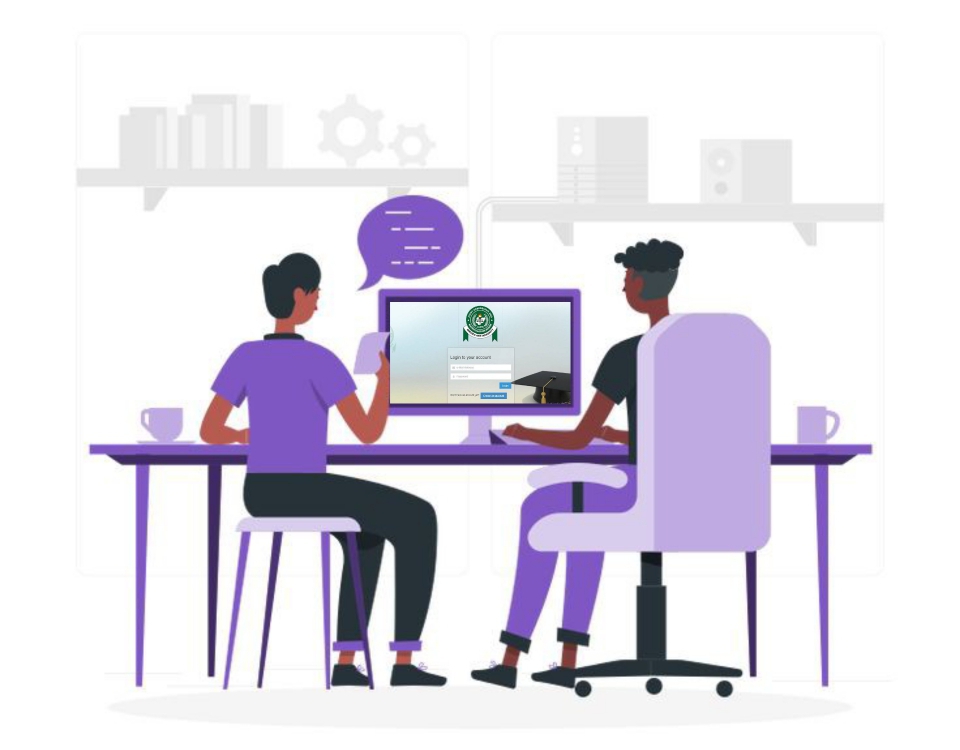
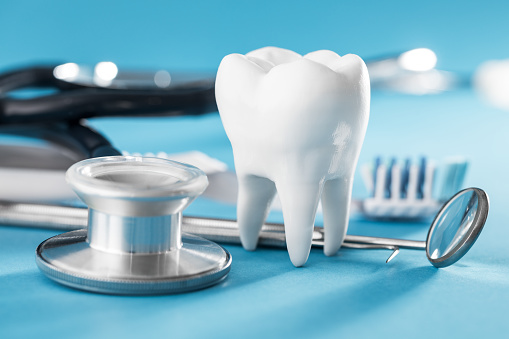
Nice content
Glad you found it useful. 🥂